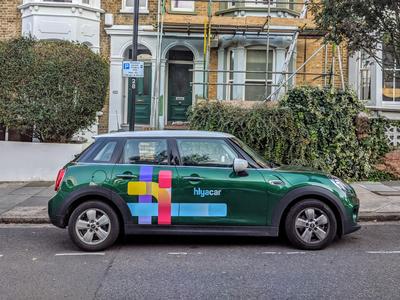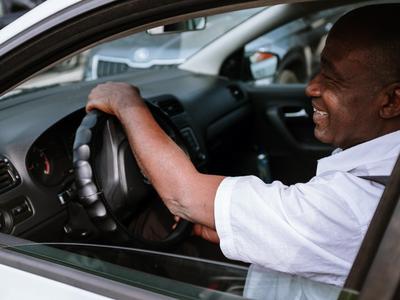
How commuting has changed, post pandemic
The pandemic has undeniably changed the nature of work life structure, as we once knew it. Through work from home and flexi-time working measures, adopted by many companies at the beginning of the Covid-19 crisis, many employers have realised the benefits to all of being flexibly ‘out of office’… or just not IN the office, per se. More jobs than previously assumed, can be done, and done well, from home.
A recent survey undertaken by education transport service provider, Kura, showed that around 58% of former-commuters expect to only be commuting to the office part-time, post pandemic. Almost 20% of these workers are not expecting to return to their pre-pandemic commute, at all.
Another post pandemic work life trend, the four-day working week, is being implemented by a number of smaller companies across the UK, with more, and larger, businesses undoubtedly to follow. With less time spent in the office, the nature of post pandemic working life then, is that it is all but commute-free, or involves infrequent commuting, on more flexible terms.
Findings from a recent report on Commuting after Covid-19 by professional services network, PwC UK, suggest that changes to working patterns and an increase in flexibility in work-life, post-pandemic, will mean less need for commuting via public transport options, and in turn, more demand for ‘flexible travel options’.
These post pandemic changes to the structure of working life have not only been found to boost productivity, but also give former-commuters the opportunity to reclaim some hours of the day, or even a whole day, if they’re getting a four day week. For those with a little extra time or a long weekend, escaping the rigidity of their home office set-up may be top of their to-do list - swapping the Big Smoke for coast or countryside.
This new, commuteless or flexi-commute world means there are cars, perhaps yours, your friend’s, your neighbours’ etc. sitting idle in on-street parking or gathering dust on driveways. Hiyacar solves this problem, making money for those who list their vehicles to be rented, and giving those without prior flexible transport options, an affordable hire car which could already be parked just metres away.
There is much to be gained from the new WFH or three day weekend world, for Hiyacar renters and those who list their vehicles with us. For the flexi-timers wanting to run that out-of-town errand, or those with a four day working week looking to get out of the city… or those who no longer commute as much as pre-pandemic and have a car sitting unused. These new flexi and remote working policies are here to stay, and so is the need for affordable rental car options.

Need on-demand access to a vehicle hourly or daily? Find out more about hiring a car with Hiyacar.
Have changes to your work-life and commute left your car sitting idle most of the week? Take a look at more information on listing your car on Hiyacar.








